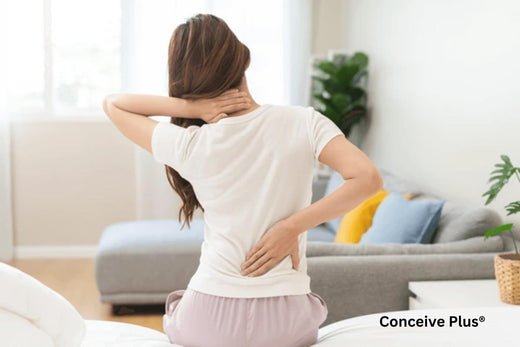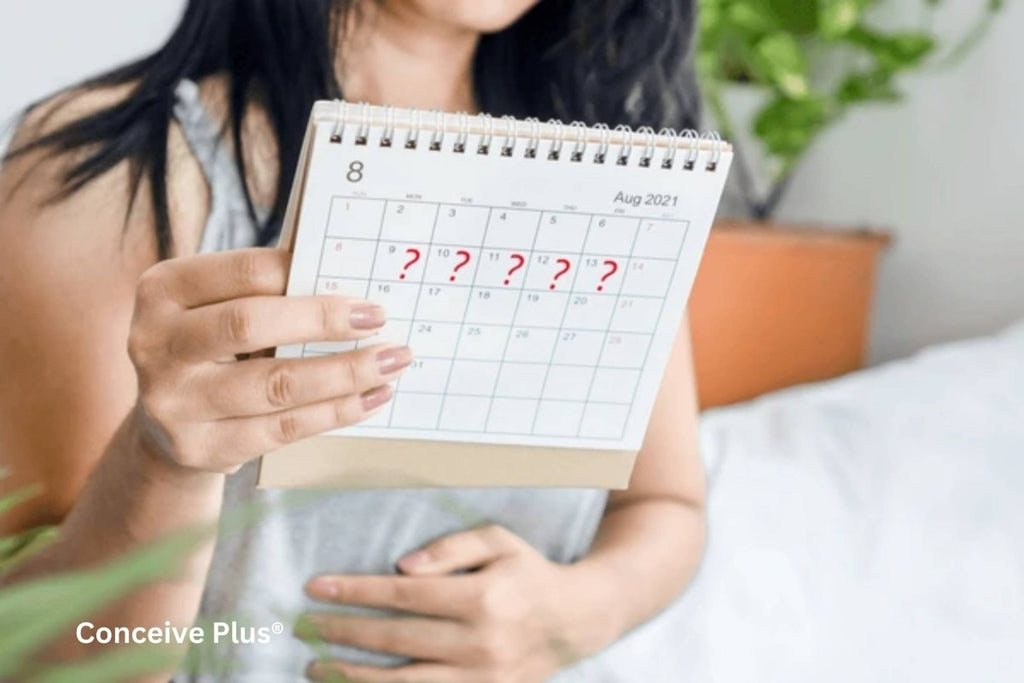Are Body Aches a Sign of Pregnancy?: Understanding Early Pregnancy Signs

Early pregnancy brings a variety of changes as the body prepares for the development of new life. While symptoms like morning sickness, fatigue, and tender breasts are commonly discussed, body aches are often overlooked as a potential sign of pregnancy. This leaves many people wondering, “Are body aches a sign of pregnancy?” Understanding why these aches occur and how they relate to early pregnancy can help shed light on what your body might be signaling.
The Connection Between Early Pregnancy and Body Aches
When conception occurs, the body undergoes rapid changes due to hormonal shifts, particularly a rise in progesterone and relaxin. Referring to a conception chart can help track these changes and better understand the timeline of early pregnancy. These hormones play essential roles in preparing the body for pregnancy but can also contribute to muscle and joint discomfort.
In the early weeks, relaxin loosens ligaments and joints in anticipation of supporting a growing fetus. This loosening can lead to a sensation of aching or soreness, especially in the back, hips, and thighs. Musucuskeleton pain has been common among pregnant women, with lower back pain being most common affecting over 70% pregnancies.[1] The body is also directing more blood flow to the uterus, which can result in mild inflammation and discomfort.
Although body aches are not a universal symptom, they are common enough that people often ask, “Is body aches a sign of pregnancy?” For some, this may indeed be an early indicator, particularly when paired with other pregnancy symptoms.
Causes of Body Aches in Early Pregnancy
Several physiological changes can contribute to body aches during the first trimester:
- Hormonal Fluctuations: Elevated levels of progesterone can cause muscles to relax, leading to generalized aches. This hormone is crucial for maintaining pregnancy, but it can also cause feelings of fatigue and soreness.[2]
- Implantation: When the fertilized egg implants into the uterine lining, it can cause mild cramping and lower abdominal aches. This typically occurs 6-12 days after ovulation and may be accompanied by spotting.
- Increased Blood Volume: The body increases blood production to support the developing fetus, which can strain the cardiovascular and muscular systems, resulting in aches. High blood pressure is common during pregnancy that leads to body aches.[3]
- Early Fatigue: The surge in pregnancy-related hormones can cause extreme tiredness. Fatigue often contributes to muscle soreness and joint stiffness.
- Stress and Tension: Learning you’re pregnant, or suspecting you might be, can lead to stress. Emotional stress can manifest physically as body aches, particularly in the neck, shoulders, and back.
Managing Body Aches During Early Pregnancy
If body aches are affecting your comfort, several strategies can help alleviate discomfort:
- Gentle Stretching or Prenatal Yoga: Light stretching can help relieve muscle tension and improve flexibility.[4]
- Warm Baths: Soaking in a warm (not hot) bath can help relax tense muscles and ease aches.
- Rest and Hydration: Ensure you are getting enough sleep and staying hydrated, as fatigue and dehydration can exacerbate body aches.
- Massage: Prenatal massages from a trained professional can provide relief from tension and soreness.
- Exercise: Low-impact activities like walking or swimming can help reduce muscle stiffness.
Always consult a healthcare provider before starting any new exercise or treatment to ensure it is safe for pregnancy.
Body Aches Can Be a Sign of Pregnancy
So, are body aches a sign of pregnancy? For many people, they can be. Hormonal shifts, implantation, and rapid pregnancy growth in early pregnancy can all contribute to aches and discomfort. While body aches alone are not a definitive sign, when combined with other symptoms like a missed period, fatigue, and breast tenderness, they may indicate that pregnancy has begun. If you’re wondering, “Is body aches a sign of pregnancy?” and suspect you may be expecting, taking a test or consulting a healthcare provider can help confirm your suspicions and provide peace of mind.
References:
- Kesikburun S, Güzelküçük Ü, Fidan U, Demir Y, Ergün A, Tan AK. Musculoskeletal pain and symptoms in pregnancy: a descriptive study. Ther Adv Musculoskelet Dis. 2018 Nov 19;10(12):229-234. doi:10.1177/1759720X18812449. PMID: 30515249; PMCID: PMC6262502.
- Body changes and discomforts. (2024). https://womenshealth.gov/pregnancy/youre-pregnant-now-what/body-changes-and-discomforts
- High blood pressure during pregnancy. (2024). https://www.cdc.gov/bloodpressure/pregnancy.htm
- Shah S, Banh ET, Koury K, Bhatia G, Nandi R, Gulur P. Pain Management in Pregnancy: Multimodal Approaches. Pain Res Treat. 2015;2015:987483. doi:10.1155/2015/987483. Epub 2015 Sep 13. PMID: 26448875; PMCID: PMC4584042.













